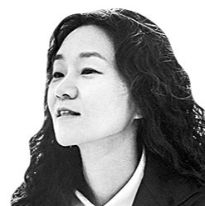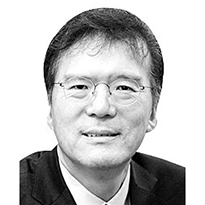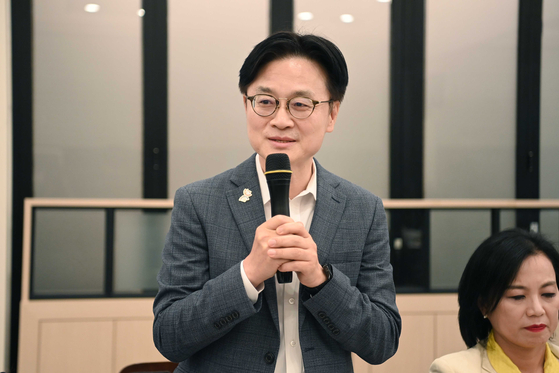The body as a page on which life is written
Update: 2025-11-17
Description
The author is a novelist.
Some books arrive with a heat so intense they feel like a boiling kettle. Johanna Hedva, a Korean American writer, artist and musician born in 1984, brings that heat in "How to Tell When We Will Die: On Pain, Disability, and Doom" (2024), a work that rises as a new star among the books that have seared themselves into my memory. While reading it, I felt my mind burn more than once and found myself wanting to share that experience.
"Because we want to live, we tell ourselves stories that keep illness away. Heroes die in battle, not from chronic pain." With this opening, Hedva points out how illness and disability vanish from most narratives by deliberate design. That disappearance is strange. No one passes through life without illness, and everyone will eventually face disability or death. A society built on the assumption of a nondisabled norm ends up turning that standard into stigma, exclusion and in time, pressure for all. Sooner or later, a moment arrives when a body no longer fits the norm that once seemed neutral.
Hedva, who lives with autoimmune disease and identifies as queer and neurodivergent, is also a doom metal musician and astrologer. She distills these layered identities through the frame of the book. As pages turn, readers meet a person who reads, writes, acts, shatters and rethinks, a figure fully alive.
Hedva says she wants to understand what thinking can do. She asks how thought becomes "a knife, a fist, a kiss, a well, a map, a key." Her ambivalence toward Susan Sontag, her trip to Greece after the success of her first book and her portraits of older women who are neither gentle grandmothers nor witches but irreverent presences in their own right, are striking.
Reading the book, I began to understand illness and disability not as conditions to be cured but as states through which one becomes new. Writing down the sentence "The body is the page on which we write our life" made every entry in my own bodily record feel different in tone and brightness.
Learning how to understand dependency is not only for people with disabilities. It is a lesson for anyone who will one day complete their journey on this planet. Rather than yielding to health anxieties, preparing ourselves to hear another's pain may be what keeps our own life intact.
This article was originally written in Korean and translated by a bilingual reporter with the help of generative AI tools. It was then edited by a native English-speaking editor. All AI-assisted translations are reviewed and refined by our newsroom.
Comments
In Channel















![[WHY] Good luck? Good energy? Or just a good time? All about Korea's lottery hot spots. [WHY] Good luck? Good energy? Or just a good time? All about Korea's lottery hot spots.](https://s3.castbox.fm/2b/d3/77/20af79ea99110b2a84c8f9e7eb415074ae_scaled_v1_400.jpg)

![[WHY] Good luck? Good energy? Or just a good time? All about Korea's lottery hot spots. [WHY] Good luck? Good energy? Or just a good time? All about Korea's lottery hot spots.](https://s3.castbox.fm/08/e0/9b/7c604594b1f527acf0345208b7aac32050_scaled_v1_400.jpg)






